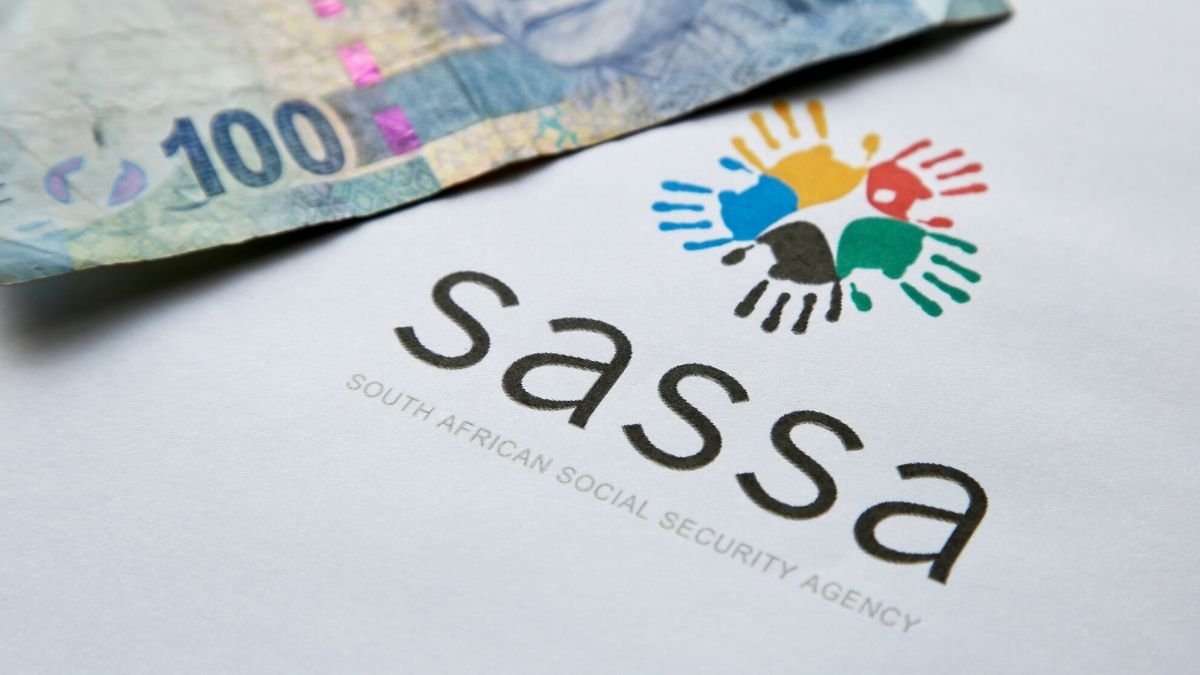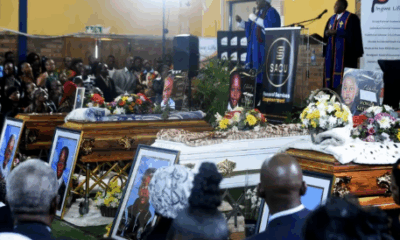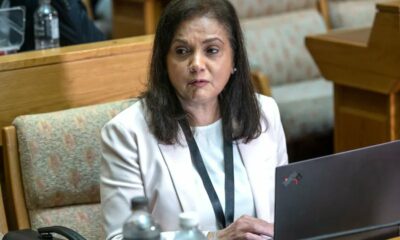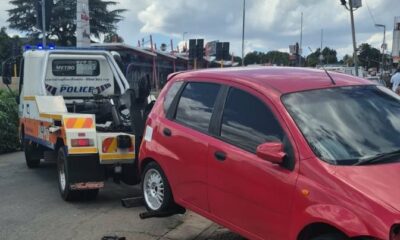News
SASSA’s Crackdown Leaves Thousands of Grant Recipients in the Dark, Says Black Sash

Civil society warns of confusion, fear, and hunger as vulnerable South Africans face potential loss of support.
For thousands of South Africa’s poorest citizens, a monthly social grant is more than a payment, it’s a lifeline. But for over 200,000 grant recipients, that lifeline is now hanging by a thread.
The South African Social Security Agency (SASSA) has launched a sweeping review of its grant system, citing a legal obligation under Section 14(5) of the Social Assistance Act. The agency says recipients flagged by credit bureaus for receiving undeclared income must come forward and verify their financial circumstances or risk losing support altogether.
But according to Black Sash, a civil rights organisation with deep roots in South Africa’s social justice landscape, the way this is being handled could push many into deeper crisis.
Warnings Without Notice: “We Found Out Too Late”
While SASSA CEO Themba Matlou insists no grants have yet been suspended, Black Sash says their phones and field offices, tell a different story.
“We’re receiving floods of calls from distressed grant recipients,” said Hoodah Abrahams-Fayker, Black Sash’s advocacy manager. “Elderly people, disabled individuals, and caregivers are waking up to find no money in their accounts, with no warning, no explanation, and no chance to correct the record.”
The organisation believes the chaos stems from SASSA’s poor communication infrastructure, particularly in rural and peri-urban areas. Many grant recipients do not have smartphones or reliable network coverage, and some have outdated contact information. “The assumption that people will receive and act on SMSes or emails simply doesn’t hold in communities where connectivity is a luxury,” Abrahams-Fayker said.
Legal Justification vs. Human Reality
SASSA claims that its actions are well within legal bounds. The flagged recipients, they say, were identified in collaboration with registered credit bureaus and are being asked to verify income because it appears they failed to disclose it truthfully.
Some, according to spokesperson Paseka Letsatsi, may have even submitted falsified documents.
Yet Black Sash argues that this misses the point.
“Yes, SASSA must ensure integrity in the system,” said Abrahams-Fayker. “But that duty can’t come at the cost of dignity, procedural fairness, or accessibility. This is not just about paperwork, it’s about real people who depend on this support to survive.”
A Widening Trust Gap
The fallout from the grant reviews comes just months after payment delays in April 2025 saw beneficiaries waiting in long queues, confused about missing funds. The pain of those delays still lingers—and now, another round of uncertainty has hit.
On social media, the anger is palpable.
“We are not criminals. We just want our money,” tweeted one mother from the Eastern Cape.
“My grandmother’s grant is the only income we have. SASSA just removed it, no warning. What are we supposed to do now?” posted another user from Limpopo.
The public outcry reflects a broader distrust in how social services are being administered. For many, it feels like punishment for being poor.
What Needs to Change?
Black Sash is demanding more than just technical fixes. They’re calling for:
-
Clear and personal communication to all affected individuals, well in advance of any suspension.
-
Improved digital and in-person support channels, especially in rural areas.
-
An appeals process that is fair, fast, and doesn’t require internet access or legal knowledge.
-
A commitment to constitutional values, like dignity, fairness, and equality.
“This is not the time for bureaucracy-as-usual,” Abrahams-Fayker said. “We’re talking about people’s only source of income in a country with rising unemployment, food inflation, and worsening inequality.”
What’s Next for Beneficiaries?
As it stands, flagged beneficiaries must report to their nearest SASSA office to update their records. But the process remains unclear for many, and with confusion spreading, the queues are only getting longer.
The question South Africa must now ask is this: Can a system meant to protect the vulnerable be allowed to harm them in the name of integrity?
For many caught in the crossfire, the answer may come too late.
{Source: The Citizen}
Follow Joburg ETC on Facebook, Twitter , TikTok and Instagram
For more News in Johannesburg, visit joburgetc.com



























